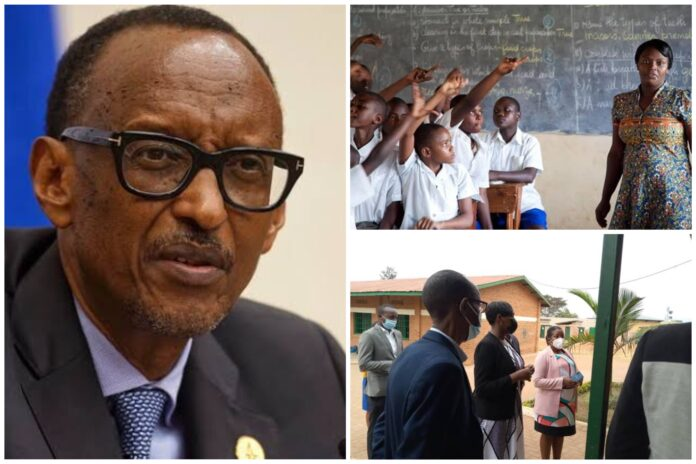
Avellon Williams
RWANDA – The Rwandan government increased primary school teachers’ salaries by 88 percent, while secondary school teachers will see a 40 percent pay increase from August 2022 onwards.
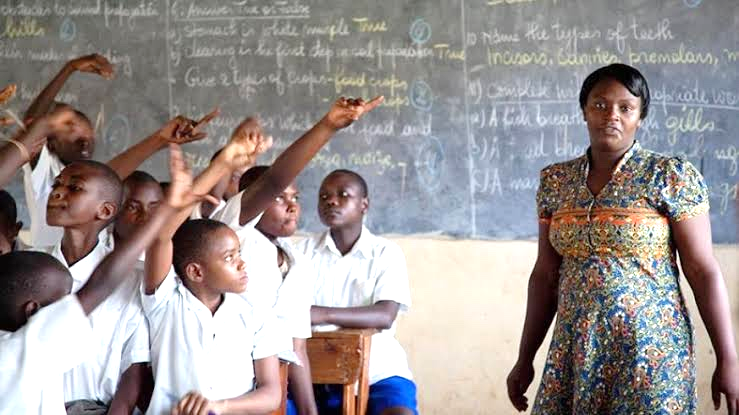
It was part of a program to improve the quality of life for teachers that the Rwandan government announced earlier this year.
During his address to both houses of Parliament on the education sector on Monday, August 1, Prime Minister Edouard Ngirente announced the development.
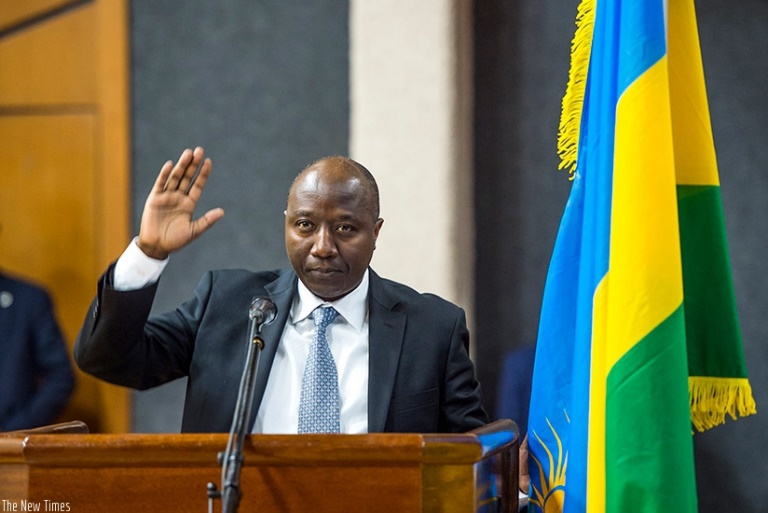
As part of the revised salaries, Ngirente said elementary school teachers will receive a salary increase of up to 88%, while their high school counterparts will receive a salary increase of up to 40%.
With the change, newly hired A2 teachers (mostly in elementary schools) will have a starting net salary of 50,849 Rwandan francs, which will increase to 95,596 Rwandan francs after four years.
In addition to an increase of 40 percent from the starting net salary of 54,916, the salary of a teacher with an A1 degree increases to Rwf76882.
Also, the salary of a new teacher hired and paid based on grade A0 must be increased by 40%, increasing to RWF 98273 from RWF 70195.
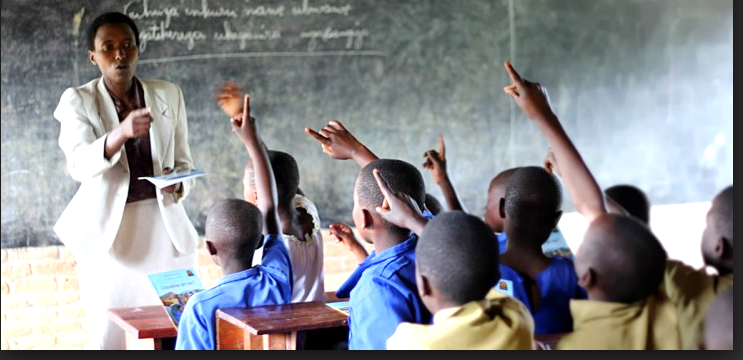
According to Ngirente, the education sector loses about 1,000 teachers every month due to low pay.
Additionally, the Premier noted that the government was investing Rwf300 million per month in recruiting teachers to replace those who had left the education sector.
“You realised that one of the factors that were leading to that problem include small salary [which we have increased now], where a primary school teacher would leave the teaching profession to be a motorcycle taxi driver. We think that this will not happen again, thanks to the 88 percent salary increase,” he said.
“We hope that teachers are going to be stable,” he said.
According to the Premier, the development will increase teachers’ borrowing capacity, adding that the government allocated Rwf5 billion more to Umwalimu Savings and Credit Cooperative (Umwalimu SACCO) so that they will be able to obtain loans.

“We hope that teachers’ welfare is going to improve thanks to this decision and that the teacher will continue to seek loans from Umwalimu SACCO and be able to develop. That’s what we want as the Government, to ensure that a teacher provides education while they are secure and have an income which enables them to provide for themselves and their family,” he said.
As part of its 2016 demands, the Rwandan National Union of Teachers (SNER) demanded that a primary school teacher be paid a minimum salary of Rwf80,000 per month.
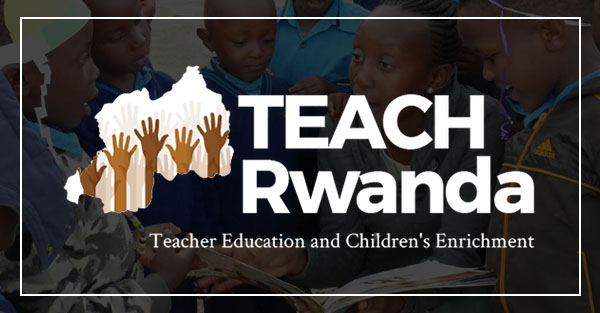
It was argued then by the union that such a minimum wage might allow teachers to meet their basic needs such as food, transportation, and accommodations.
Moreover, the cost of living is on the rise, making it necessary to raise the minimum wage even further.
PM Ngirente also notes that “we have not forgotten, the salaries of principals, assistant principals and support staff in public and government-subsidized schools have also been revised upward”.
A teacher’s salary increase, according to Stephanié Mukangango, the General Secretary of the National Union of Teachers in Rwanda, implies valuing education.
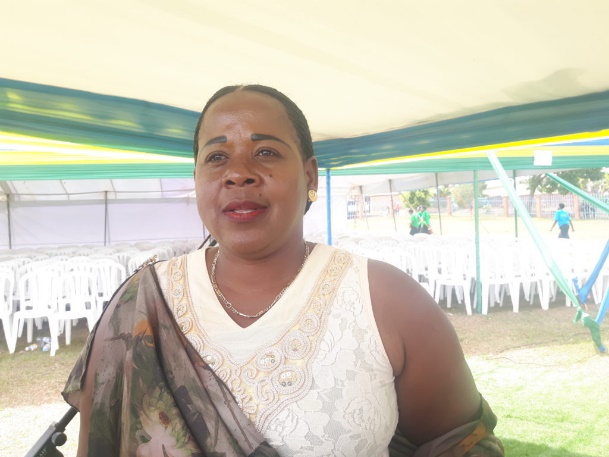
“This shows that education is taken care of and that the quality of education that the country wants will really be achieved…now a teacher is happy,” she said.
According to her, teachers are currently struggling to make ends meet, but [some] remain committed to this profession.
MPs praised the Government’s move, which they said was byimproving teachers’ welfare and motivating teachers to ensure students get quality education.
A salary increase for primary and secondary school teachers will restore the standing of the education profession and will make it more respected, according to MP Dr. Gamariel Mbonimana.
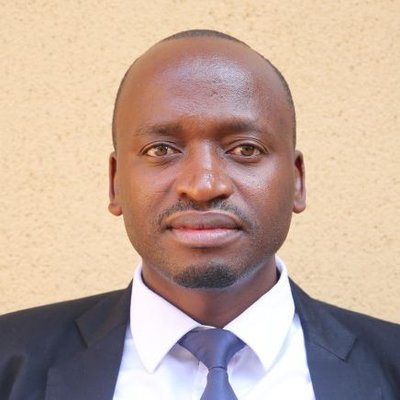
Recruiting and retaining quality teachers is crucial to ensuring quality education, Mbonimana said, pointing out that teachers’ salaries should be increased gradually as a retention strategy.
According to PM Ngirente, primary school teachers have increased by 45 percent from 41,573 in 2017 to more than 60,000 currently, indicating that the number of schools being built and the number of teachers being hired has led to better education provision.
The Premier indicated a 35.7 percent increase in secondary school teachers from 21,000 in 2017 to about 28,500 in 2018.
Educational Sector/ Teaching Conditions
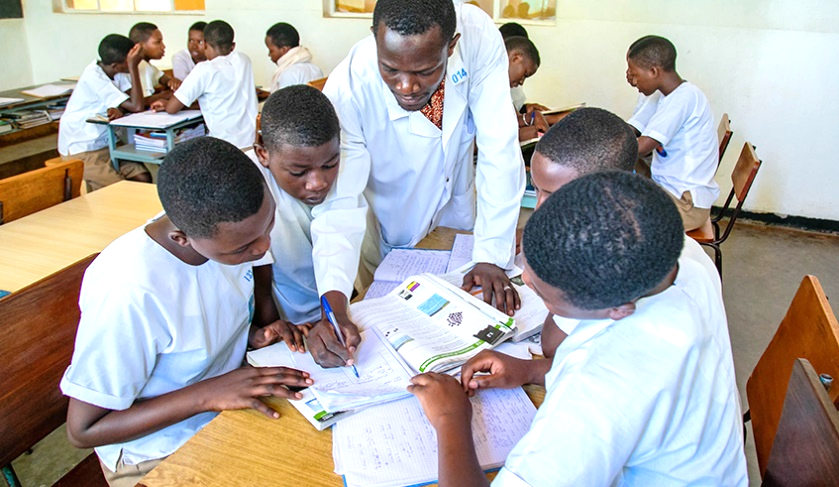
The right to education is one of the fundamental rights of every person, and the most effective tool available to ensure that Rwandans achieve their full potential is education.
According to Rwanda’s Economic Development and Poverty Reduction Strategy (MINECOFIN, 2007), human resource development is one of the pillars of national development, and the Rwandan government has resolved to develop a knowledge-based and technology-led economy in its national “Vision 2020” (MINECOFIN, 2000).
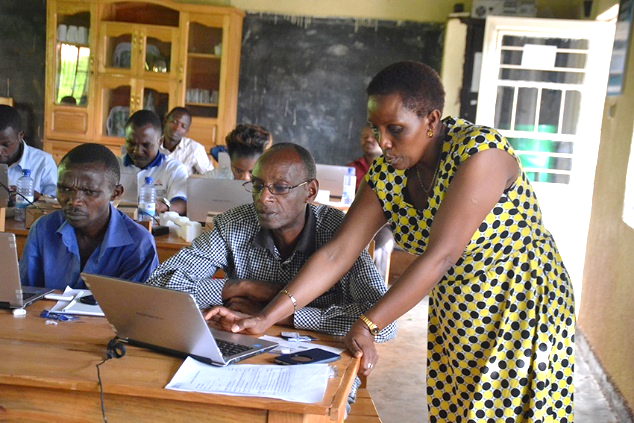
Rwanda’s social and economic development can be attributed to its emphasis on all facets of education. In the education sector, as in any other, there was great reform aimed at reorganizing and reviving the system of education that had collapsed during the 1994 genocide (MINEDUC, 2003).
The Rwandan Government, for example, developed an educational sector policy in 1998 to address the problems the country faced before and during the 1994 genocide.
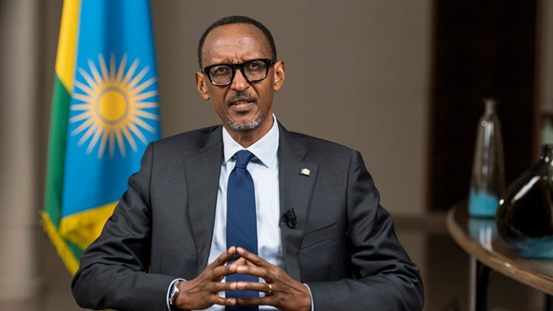
One of the major goals of this educational sector policy was to achieve Universal Primary Education by 2010. It has also identified strategies for improving secondary, tertiary, technical,and vocational education as well as special education, but it did not specify the working conditions of teachers as one of the key conditions and strategies for achieving this important development goal (MINEDUC, 2010).
As a developing strategy, failure to consider the working conditions of teachers in primary and secondary schools may hurt both the education sector and the country’s economic development.
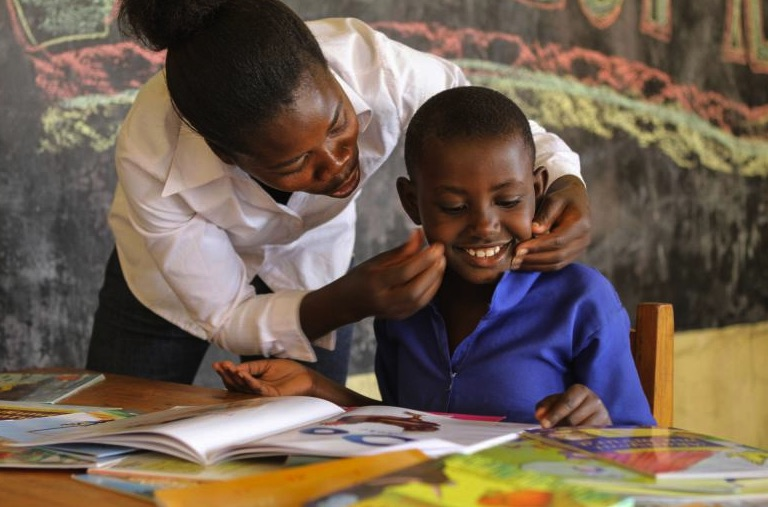
In 2011, the then Minister of Education announced that policies concerning teachers’ welfare should be reviewed, as evidenced by Rwandan Journal of Education (2012), Volume 1 Issue 1 73 his statement.
He added: “There is a need for the teachers to be motivated. It will help in improving quality. The Government of Rwanda is going to look into the possibility of increasing teachers‟ salaries in near future… There will never be quality when teachers who are supposed to ensure it are not happy” (Mugarura, 2011).




